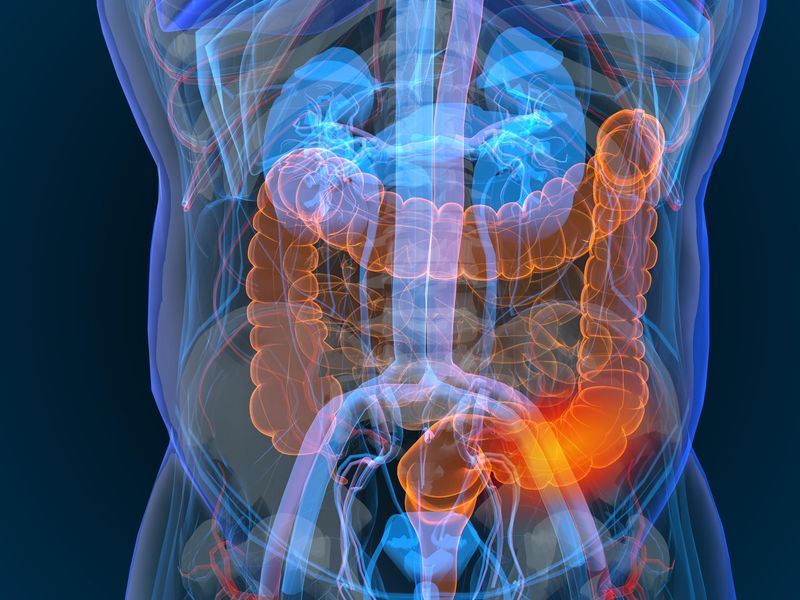If conventional treatment fails to alleviate the symptoms of functional constipation (FC), patients may benefit from enrolling in a systematic bowel management program (BMP). This study aimed to compare the effectiveness of BMPs in children with FC who also had neurodevelopmental problems to those who did not. Researchers looked back at the BMP participants diagnosed with FC between 2014 and 2021. Parent-reported outcomes measures (PROMs; Cleveland Clinic Constipation Score, Baylor Continence Scale, Vancouver Symptom Score for Dysfunctional Elimination, and Pediatric Quality of Life Inventory (PedsQL)) and assessments of bowel and urinary continence, bowel regimen, surgical history, and PedsQL were performed before and at least 9 months after BMP. With a median age of 9 years old and a total follow-up time of 627 days, the cohort contained 156 patients (IQR: 389–808 days). Patients were divided into 2 groups, those with FC only (69%) and those with FC and another neurodevelopmental disorder (31%); these other disorders were attention-deficit/hyperactivity disorder (59%) and obsessive-compulsive disorder (8%) and autistic spectrum (33%) respectively. Constipation frequency and continence improved in both groups at follow-up (39%-90% in the neurodevelopmental group, 44%-82% in the FC-only group, P<0.001), as did urinary continence (65%-90% in the neurodevelopmental group, 69%-91% in the FC only group, P<0.02). There was a significant improvement in most of the PROMs at follow-up. Overall PedsQL scores improved significantly for both groups after BMP was implemented (difference between pre-and post-BMP scores of >4.5). Both patients with and without a neurodevelopmental disability who had FC showed considerable improvement in bowel and bladder control after getting a BMP. More research is needed if this improvement holds up over time in this difficult cohort.
Source – journals.lww.com/jpgn/Abstract/2022/09000/Impact_of_Neurodevelopmental_Disorders_on_Bowel.12.aspx


